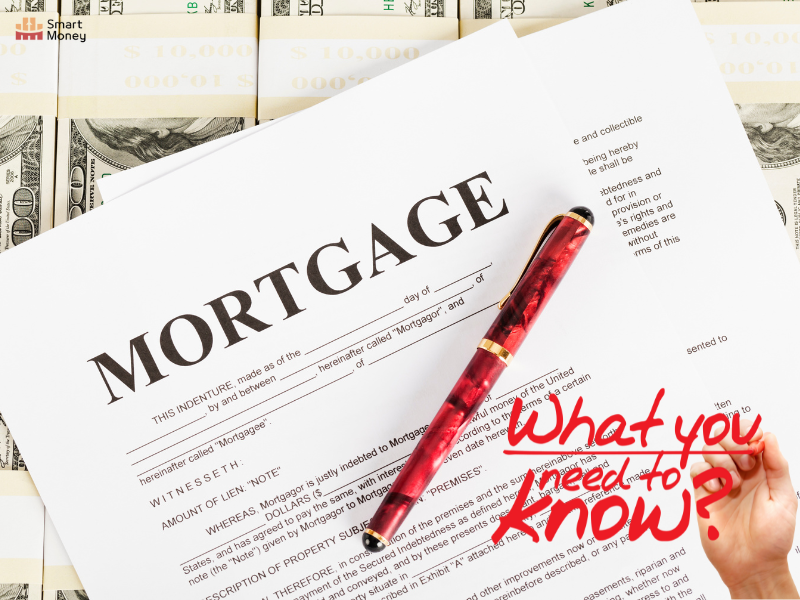For most of us, purchasing a home outright with cash is an unrealistic dream. This is where mortgages come in. They provide the funds to make homeownership a reality. Essentially, a mortgage is a specific type of loan designed for home purchases. Many types of mortgages exist for different needs. But, conventional home loans are still popular.
Understanding Down Payments and Mortgage Basics:
Typically, you won’t secure a mortgage for the full price of your home. A common recommendation is to put down at least 20% of the home’s total cost to secure favorable loan terms. However, mortgages can be obtained with smaller down payments. A mortgage is a loan to buy a home. The lender provides the remaining funds for the purchase. In return, they hold a lien on your home. This lien means your home is collateral for the loan. If you fail to repay, the lender could take the property.
Exploring Different Types of Lenders
Banks: Traditionally, banks have served as the primary source for securing mortgages. They provide stability and security. Their long trading histories and regulatory oversight ensure ethical operations. However, banks may charge higher fees for processing mortgages.
Credit Unions: In the last 20 years, credit unions have become major players in the mortgage market. Trade organizations or societies usually require membership. But, members often get lower fees and interest rates than banks.
Online Lenders: The digital age has given rise to numerous reputable online lenders. These platforms are often faster and cheaper than traditional lenders. They also provide more transparent services.
Choosing the Best Place to Get a Mortgage
The ideal mortgage source varies based on individual circumstances. Here are some tips to consider:
- Avoid Predatory Lenders: Be cautious of lenders with unadvertised or unusually high rates.
- Customer Service: Smaller, local lenders may have better service than large national chains.
- Mortgage Brokers: They can help navigate the many options. But, ensure they aren’t commission-biased. An objective broker can guide you to the best deal without favoritism.
Key Considerations When Applying for a Mortgage
Before diving into the mortgage application process, keep these crucial factors in mind:
1. Credit Score: A high credit score can secure better rates, while a low score might limit your options. Consider improving your credit score or exploring FHA mortgages for lower scores.
2. Down Payment: A larger down payment (20% or more) generally leads to better rates. For smaller down payments, look for lenders or FHA options that accommodate them.
3. Loan Term: The length of your loan affects monthly payments and suitability. Fixed-rate loans suit long-term plans. ARMs are better for short stays.
4. Extra Fees and Closing Costs: Be aware of additional costs like escrow deposits, attorney fees, and title search fees. Some lenders offer fee waivers during special promotions.
5. Interest Rates: Compare rates from multiple lenders. Focus on the APR for a full view of loan costs. Applying for a Mortgage: Steps and Requirements
Applying for a mortgage is a detailed process. Start by knowing your down payment amount, credit score, and average annual income. You can then seek pre-qualification or pre-approval to understand your borrowing capacity.
Documents Needed:
- Recent pay stubs
- Complete bank statements for the past few months
- Last personal and business tax returns
- W2s for the past two years
- Signed Purchase and Sales agreement
Lenders will also review your financial and employment history and conduct a hard credit check. If you get good interest rates, consider locking them in. This avoids potential increases before closing.
Determining Your Borrowing Capacity
The amount you can borrow depends on factors like your credit score, income, and mortgage type. Down payments can vary from 3% to 20% or more. In recent years, the average mortgage loan in the U.S. was around $211,500.
Types of Mortgages
Lenders offer various mortgage options, including:
- Fixed-Rate Mortgages:** Typically 15, 20, or 30 years with consistent interest rates.
- Variable-Rate (ARM) Mortgages: Low initial rates for the first 5, 7, or 10 years.
- Jumbo Mortgages: For loans exceeding $424,100 in most regions.
- Government-Backed Mortgages: Options like FHA, USDA, and VA loans have specific uses. They allow lower down payments and fund rural properties.
Average Mortgage Rates
Mortgage rates fluctuate. Now, the average for a 30-year fixed mortgage is 4.5%. A 10-year ARM averages 4.125%. The typical U.S. monthly mortgage payment is about $853. It’s $1,030 with fees included.
Understanding Pre-Approval
Pre-approval involves submitting financial documents and answering questions about your income and debts. It’s a tougher process than pre-qualification. It shows sellers you are a serious buyer.
By understanding mortgages, you can confidently pursue homeownership. You’ll also secure the best loan for your needs.

Leave a Reply